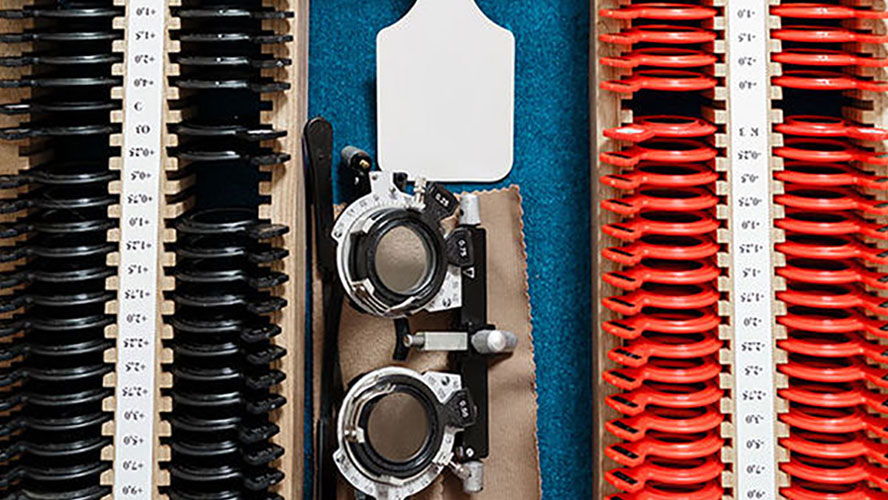You eat right and stay active, but are you focusing on eye health? The president of the American Optometric Association has some simple steps to help.
If you ask most Americans, they will tell you that vision is the most important of their five senses, and the one they fear losing the most. Unfortunately, eye health and vision care are often taken for granted. One of the first health changes adults notice as they get older are fluctuations in their vision. Although these changes can be bothersome, even more troubling problems could be lurking beneath the surface and cause permanent vision loss.
Schedule a check-up
An in-person, comprehensive eye exam by a doctor of optometry is one of the most important, preventive ways to preserve vision, and is the only way to accurately assess eye health and diagnose an eye disorder, disease or underlying condition such as high blood pressure or diabetes.
Common eye conditions in older adults that can be detected through a comprehensive eye examination include cataracts, diabetic retinopathy, glaucoma, age-related macular degeneration, ocular hypertension and dry eye. The number of adults with these eye conditions will increase as the population of older adults grows — according to the U.S. Census Bureau’s estimates, 72 million Americans are expected to be over the age of 65 by 2030.
Many eye conditions develop without any warning signs or symptoms, so it’s important to visit a doctor of optometry every year to ensure your eyes are healthy. Early diagnosis and treatment of serious eye diseases and disorders is critical and can often prevent loss of vision.
Take a holistic approach
Throughout my career as a doctor of optometry, I have established strong relationships with my patients by not only identifying their medical eye health issues and conditions, but educating them and working together with them to manage their eye health.
Following basic healthy habits can help ward off eye diseases and maintain existing eyesight. Following a healthy diet, not smoking, monitoring blood pressure levels, exercising regularly and wearing proper sunglasses to protect eyes from UV rays can all play a role in preserving eyesight and eye health.
Step away from the screen
A newer problem for older Americans in our modern age is the potential overexposure to blue light — high-energy visible light emitted from digital devices — which can lead to digital eye strain, sleep problems, blurred vision, headaches and neck and shoulder pain, among other things. The American Optometric Association recommends that when you are using any device or computer, make a conscious effort every 20 minutes to take a 20-second break and view something 20 feet away.
Scheduling an eye exam yearly — or more frequently if recommended by an eye doctor — provides the best protection for preventing the onset of eye diseases and allows adults to continue leading active and productive lifestyles as they age. To find a doctor of optometry near you or for additional information on age-related eye conditions, visit aoa.org.

